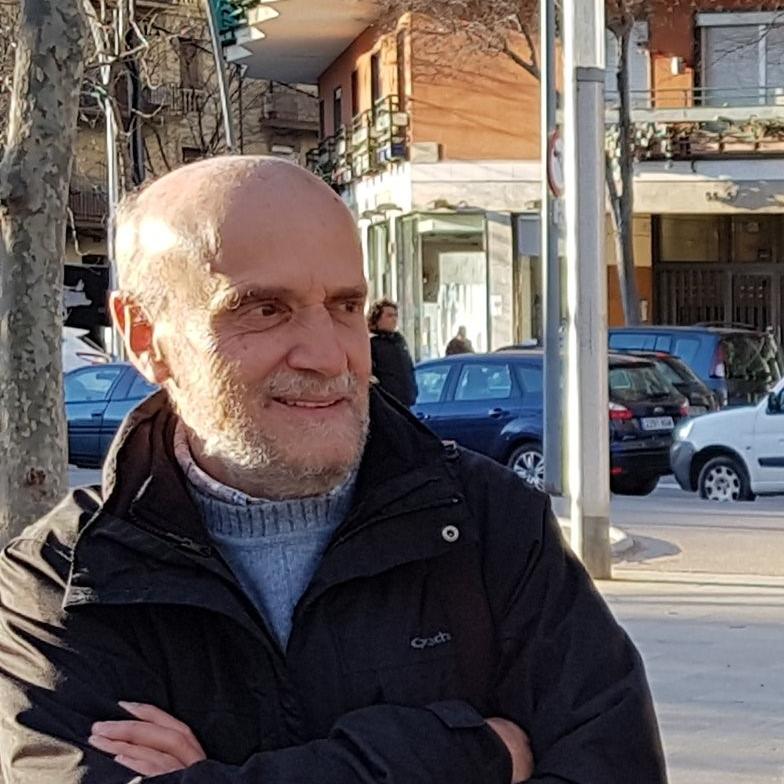
“Good education” requires treating others with respect and consideration. Violence is just the opposite; it is a form of relationship that is characterized by a total lack of respect.
A few days from now will mark the 50th anniversary of Pau Casals’ address to the United Nations. It was at the event to present Pau Casals’ anthem written for that institution and where the Secretary General U Thant granted him the Peace Medal. I believe the movement for peace, in general, hasn’t done much to honour the figure of the great Catalan composer, an example of constant commitment to peace.
Among the many things that Pau Casals said about peace, there is a quote that I find especially brilliant and that suits the topic we are discussing in this brief text. He said: “Well-educated spirits do not shoot guns”. It’s difficult to say in fewer words so many things about the importance in educating for peace.
Indeed, if we consider that answering badly or insulting, or speaking grossly is a sample of bad education, what should we say about violence or shooting a gun? “Good education” requires treating others with respect and consideration. Violence is just the opposite; it is a form of relationship that is characterized by a total lack of respect. The opponent stops being a subject and becomes an obstacle for my aspirations that is to be pushed aside or done away with. It is the paramount example of bad education.
Peace is a matter of education. We know that, no matter how well we try doing things, conflicts happen, as life is evolves and changing needs may interfere with the needs or aspirations of others. Knowing how to adequately relate to others, learning to manage friction, conflict or tension in a creative and constructive way is vital and not always easy. It is a matter of education, Education for Peace.
Peace, just as violence, is about manners. And manners are to be taught. Manners don’t appear spontaneously, they are the fruit of deeply held convictions. A noble cause defended through shots turns us into murderers and loses all nobility. Educating for Peace must teach us to choose noble and fair goals and to defend them with noble and fair means. Justice and respect, two elements that go hand in hand and can’t go astray.
Justice without respect can turn us into cruel and unjust avengers. Respect that does not consider defending justice is a fundamental lack of respect. Learning to hold them together, this is the fundamental goal of Education for Peace, or we could simply say of education. Being well-educated people so as to not shoot guns.
One final note: it is not children who most need this education but rather, and especially, adults. Adults are the ones manufacturing weapons and shooting them; they are the ones forming armies and deciding to enter war; the ones who take armies into Education Fairs and, therefore, the ones to educate children in the use of violence.
Let’s be well educated, let’s educate for Peace.



Add new comment